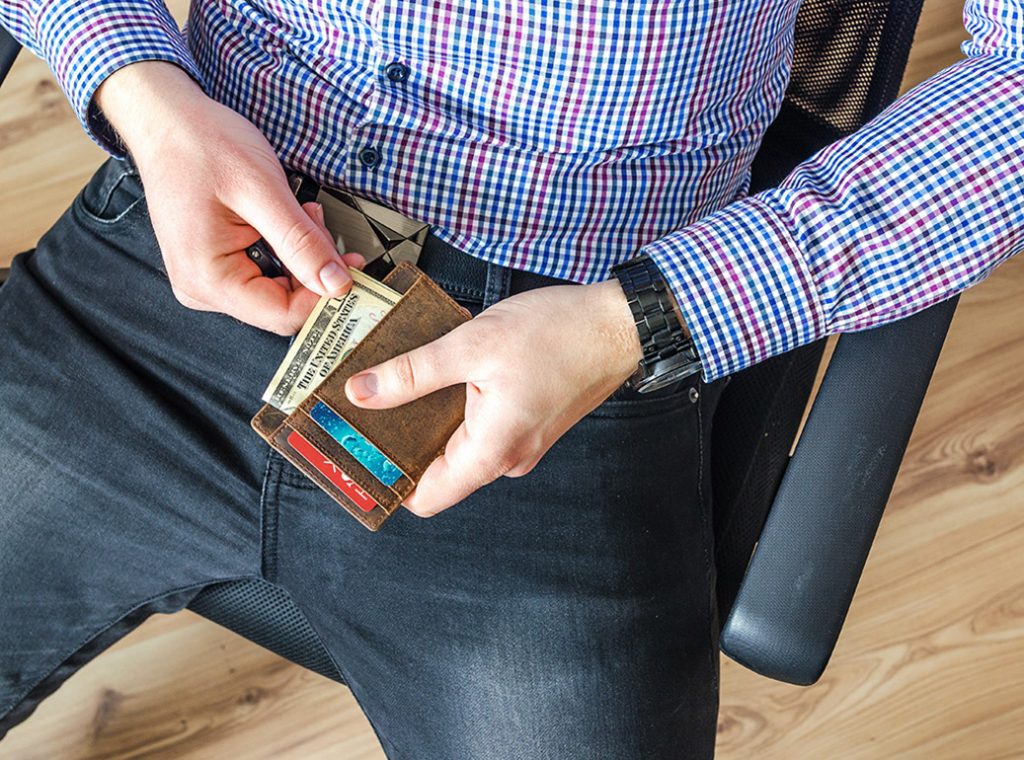For many people, getting a credit card is an essential step for building up their credit. A credit card can be used to make purchases and pay off the balance each month until your credit score improves enough to qualify for loans or other financial products. But when should you get a credit card?
Credit cards are a great way to build up your credit history. They can be used for purchases and paid off in full each month, which will help you establish a good credit score that makes it easier to get loans when you want or need them. Credit cards may also come with rewards programs, so if you use yours often but pay it off every month there’s no penalty!
There’s always a risk involved in having revolving debt like a credit card because lenders could raise interest rates at any point without warning – especially if they notice problems paying on time.
The best time to get a credit card is when you have an income, you’re financially stable and able to pay the balance in full each month, and if it’s important for you to build up your own personal credit history or improve your current one. If there’s no reason why getting a credit card would be beneficial at this stage of life then wait until these factors are aligning with your needs! But don’t forget that even young people can benefit from using a cash back rewards program either through their bank account or by applying for a new debit card that offers similar perks! Maybe consider doing both? They won’t cost much but could save money over the long term. In fact, they may qualify for special deals and offers that they simply won’t find anywhere else.
How to get your first credit card

As a young adult, you’ll be tempted by offers for all kinds of credit cards. It’s important to remember that these are loans and should never be taken lightly. If you can’t afford the monthly payments now, it is not likely going to get better as time goes on. While there are no hard-and-fast rules about when is the best age or how much money you need in savings before getting your first card, here are some tips from experts who study this topic. Read also
how to activate.syw.account online.
Credit cards are not for everyone. If you don’t have money in your savings account, no job or income of your own, and aren’t at least 18 years old-it’s probably best to wait until these things change before applying for a credit card. You also need to be able to make the monthly payments on time each month (and ideally pay off the balance every month). Otherwise, keep saving while working toward financial stability first.
Actually, your first credit card you can apply at any age, and some cards will require you to be 18 or 21. If you are under the age of 21 your parents must co-sign for a credit card. When applying for a credit card ask if they offer an option where no interest is charged on purchases made in the first few months. This gives you time to build up your credit score before getting hit with interest charges later down the road after that introductory period has ended.
Credit card companies will often give a credit limit that is equal to the amount you deposit into your account. This means if you have $500 saved, then the maximum they’ll allow on a new card is usually around $500 as well. It’s important to note though that this can vary from company to company and also depends on how much debt other people in your area are taking out with these cards. Some companies want their customers using up all of their available balance each month while others don’t mind what percentage of it gets used at all by applicants when applying for a loan. When in doubt about where exactly your line should be drawn financially, its always best not to keep more money in checking than needed – just enough so that three months worth of necessary expenses can be paid for should anything come up.
As a young adult, thinking about your credit score is important to ensure you are making the right choices financially when it comes time to apply for loans or other types of lines of credits in the future. One key factor that will impact your scores highly is how much debt you have against how high your income levels are overall. If someone has very little debt but only makes $20k per year, their score would likely not be as impressive compared with someone who perhaps earns more money annually but also has tens – if not hundreds – of thousands worth in student loan debts and credit card balances on top of any mortgages they may currently hold outstanding! It’s always best to take out new debt when it’s needed and never just for the sake of having more debt than you can afford to pay back. Check here How to Get a Credit Card.
Conclusion
In conclusion, young people should get a credit card as early as possible to avoid paying high interest rates. There are no disadvantages for signing up at an early age and you can easily pay off what you spend by the end of the month before incurring any fees.
Getting your first credit card is an important step in building credit. It’s also a sign that you’re responsible enough to be trusted with borrowing money and paying it back on time every month, which are the most important qualities of someone who can handle their own finances well. Realistically though, there are some very specific situations where getting one might not make sense for young people yet. For example, if you’re under eighteen years old or aren’t working full-time then applying for a new line of credit probably isn’t what you need right now anyway! However, even though these circumstances may mean that applying for a new card doesn’t seem like the best idea at the moment, having access to open lines of credit when you need them is actually a good thing as long as you can use it responsibly.





